detail profile ghanem zrelli
Peran Yang Di Mainkan Ghanem Zrelli
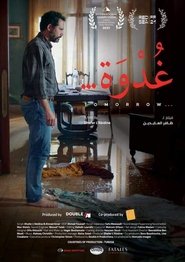 Habib and his 15 year old son...
Habib and his 15 year old son...Tomorrow 2022
Habib and his 15 year old son Ahmed from his previous marriage, are brought together by Habib’s worsening state of health. Habib’s political past during the dictatorship in Tunisia is dangerously affecting his present. The roles are reversed, Ahmed has to protect his father and try to keep him safe. Habib and Ahmed find themselves in a chaotic position that neither is prepared for.
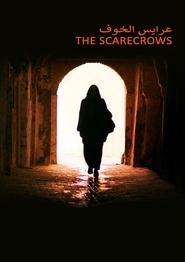 In late 2013 Zina and Djo both...
In late 2013 Zina and Djo both...The Scarecrows 2019
In late 2013, Zina and Djo, both in their twenties, come back to Tunisia from the Syrian front where they were sequestrated and raped. Zina was separated from her two-month-old child and Djo finds out she's pregnant and plunges into mutism and expresses her Syrian horror only in the novel she is writing. Tunisian lawyer, Nadia and Dora, a humanitarian doctor, assist them in their hard and lengthy reconstruction; impeded by the violence of their close circles, the harsh view on the social networks and their angst. Nadia, also Driss' lawyer, a 21-year-old persecuted homosexual who's been banned from all school establishments, asks him to help Zina in the hopes that their stirring meeting will allow them to open their black boxes, to assume themselves and stand up to the unjust society.
 When Mariam a young Tunisian woman...
When Mariam a young Tunisian woman...Beauty and the Dogs 2017
When Mariam, a young Tunisian woman, is raped by police officers after leaving a party, she is propelled into a harrowing night in which she must fight for her rights even though justice lies on the side of her tormentors.
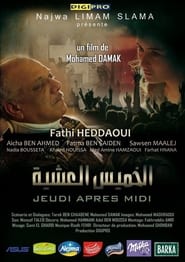 A new cinematic vision puts the...
A new cinematic vision puts the...Thursday Evening 2011
A new cinematic vision puts the psychological and social disintegration of family relationships under the microscope. The decline of human feelings in front of the tyranny material force and the breakdown of family ties open the door to opportunism and greed in order to acquire more money, causing the killing of human feelings and turns members of one family to enemies.
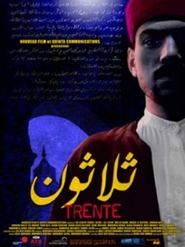 This film which events happened between 1924...
This film which events happened between 1924...Thirty 2008
This film, which events happened between 1924 and 1934, portrays the struggle of three young Tunisian friends who became true myths in the Tunisian society: Mhamed Ali El Hammi, the founder of the first Tunisian trade union; Tahar Hadded, a rebellious freedom and Human Rights militant, pioneer of the Tunisian Family Code, who in his writings called the whole Muslim world to reform women status in the society; and Belgacem Chebbi who renewed poetry, questioned the poet’s role and commitment, and initiated new language patterns. All three witnessed a tragic fate in an atmosphere of general indifference.

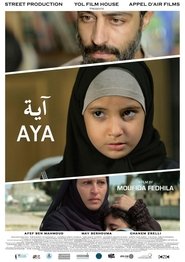 In Tunis lives Aya a smart...
In Tunis lives Aya a smart...